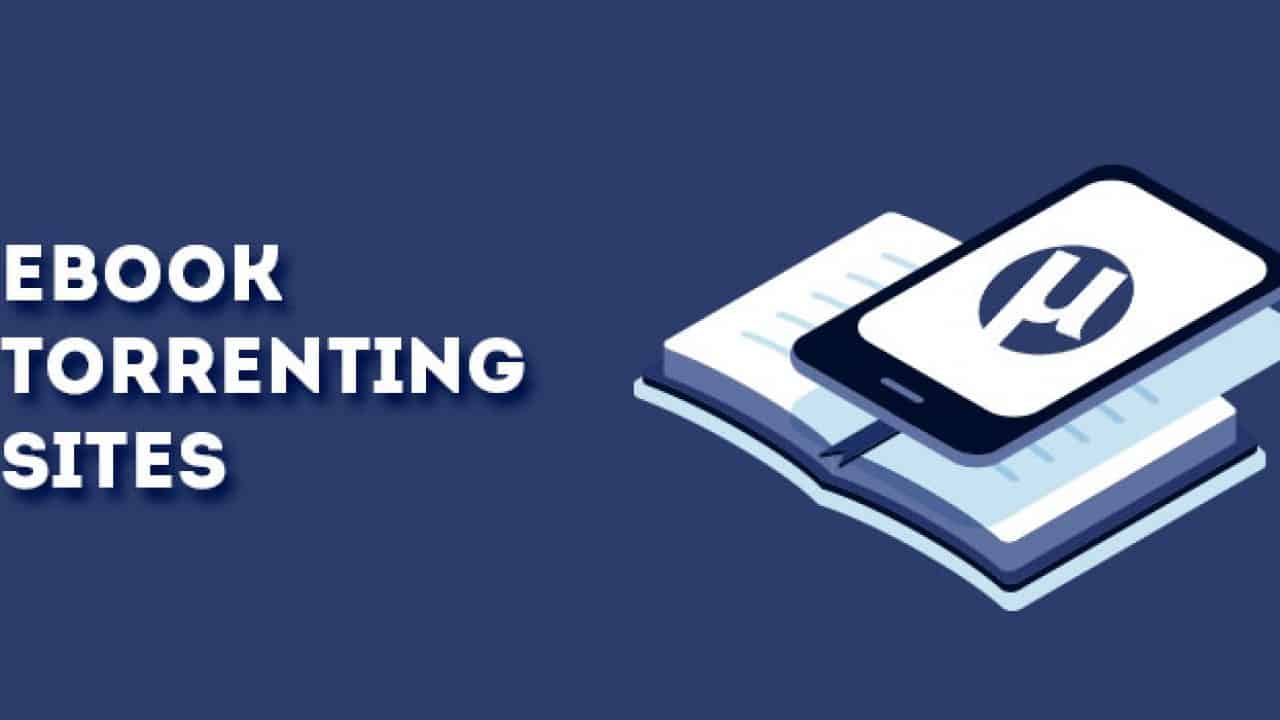Cybersecurity comprises practices and technologies that are employed to keep electronic data and computer systems safe. We live in a digital era where more and more of our social lives and businesses are online. It means more reliance on networks, programs, and computers, now more than ever before, globally. With this comes several cybersecurity factors to consider and know. Hackers are posing a threat to sensitive data and relationships with customers. They could also cause potential legal threats for your business! Let us delve deeper into some cybersecurity risks and factors you should know.
What is a Cybersecurity Risk?
Cybersecurity risk is the probability of loss relating to technical infrastructure or sensitive information to malicious hackers. It can happen from a cyberattack or a breach in the company’s network.
How do Cybersecurity Threats Differ from Cybersecurity Vulnerabilities?
- Cyber threats
Cyber threats are any occurrences or circumstances that have the potential to result in loss. The most common cyber threats are phishing and social engineering attacks. Cyber threats require an external threat actor to actualize them. These threat actors are the entities that initiate a cyber threat, such as cybercriminals, careless employees, hacktivists, or even competitors. Additionally, cybersecurity threats tend to leverage system vulnerabilities to access systems.
- Cybersecurity vulnerabilities.
While cyber threats have an outside element to them, vulnerabilities exist within the network infrastructure. Simply put, cybersecurity vulnerabilities are weaknesses or flaws in the network that malicious people can exploit to cause harm or manipulate the system. They do not result from any intentional effort on the attackers’ end. However, they can be exploited to breach the system.
Vulnerabilities could come from system components, unexpected interaction of various software programs, or general flaws in individual programs. A single vulnerability such as a simple SQL Injection or a cross-site scripting attack has the potential of giving a hacker complete access and control of sensitive data.
What are the Consequences of a Cybersecurity Breach?
The consequences refer to the actual damages that could arise from a breach in the system security. Some of the common consequences of cyberattacks are:

- Loss of Revenue
Security breaches tend to lead to significant losses in revenue. For instance, if a threat occurs to your website, potential clients may look somewhere else. In addition, the downtime caused by attacks also causes work disruptions.
- Reputational Damage
A cybersecurity attack can cause more than just short-term revenue loss. It could harm your brand reputation. Customers value their privacy, and a breach in your systems may scare them away.
- Losing Intellectual Property
Some hackers target blueprints and designs. That is most common for companies in the manufacturing and construction industry. Loss of intellectual property could affect the competitive edge of a business.
- Other hidden costs
Some of the hidden costs of a system breach are legal fees and expenses incurred in compensating customers. There will also be the cost of investing in more robust security measures, PR, and investigations. Not to forget that there could be regulatory penalties issued for failing to comply with the General Data Protection Authority (GDPR).
What are the Common Cybersecurity Risks?

To counter and protect your systems against cyber-attacks effectively, you need first to understand the possible risks. Some of the most common cybersecurity risks are:
- Outdated software:
Unpatched software that is not updated with the latest version can pose a vulnerability that exposes the system to attacks.
- Malware:
This software performs malicious attacks on vulnerable devices, hoping to corrupt data or gain control over the system.
- Social engineering attacks:
This includes phishing attacks. They tend to target employees and other end-users by tricking them into disclosing sensitive information or downloading malicious software.
- Hidden backdoor programs:
This vulnerability occurs when a computer manufacturer installs a code that makes it possible for the computer to be accessed remotely. These hidden backdoors can be a channel for knowledgeable hackers to infiltrate the computer system together with any network connected to it.
- Admin privileges:
One of the best ways to manage software vulnerabilities is by limiting access to sensitive data. Failure to control account access privileges could cause a lot of damage when a user is compromised.
- Distributed Denial of Service Attacks (DDoS):
These attacks work by disrupting the traffic flow to a server. They do this by controlling botnets and making a site inoperable.
- Man in the middle (MITM) Attacks:
Hackers alter or steal data transmitted over a network. For example, they could take advantage of public Wi-Fi Connections.
How Do You Defend Yourself Against Common Cybersecurity Risks?
While no system is immune to data breaches, employing good cybersecurity habits can make the systems less vulnerable. They also make it easier to bounce back after a breach. Some of the ways to protects your systems are:
- Using stronger passwords
One of the weakest links to a system’s security is weak passwords. Most people tend to use passwords that are easy to remember. Them being easy makes it easier for hackers to penetrate them. Enforcing a solid password policy in an organization helps to protect all user accounts. Employees should be reminded to use strong passwords that are not easy to guess.
- Using Multi-Factor Authentication
Multi-factor authentication is excellent for avoiding unauthorized use of user accounts. When you have multi-factor authentication, any attempt to access the has to be verified using more than just a password. Other criteria that you can incorporate are biometric data, device recognition, or authentication token. The more factors there are in the authentication process, the harder it is for attackers to bypass the system security.
- Using Secure Socket Layer (SSL) Certificates
SSL certificates ensure that any user data on a website is secure. They are used to verify ownership of a website hence stopping cybercriminals from creating fake versions of the website. With SSL certificates, the communication between your web servers and the users is thoroughly encrypted. Thus, online transactions are more secure.
This assures customers that they are safe to share private information on the website. You can buy and install a cheap SSL for your business. Many SSL kinds are available in the market and that too at varying validation levels.
If you run an ecommerce business store, we suggest that you go for a wildcard SSL certificate, available at OV and DV validation levels. With this single cert, you can secure your chosen main domain in addition to an unlimited number of first-level subdomains.
Buy and install Positive wildcard SSL to secure and boost security levels against web-related threats. You will get unlimited server licenses with this certificate and it will take only few minutes in issuance.
- Performing regular Backups
Most people realize the importance of regular backup when it is too late. Having backups ensures that in the event of an attack, you do not lose important information. Backups will only be beneficial if they are stored separately from the production networks. In the event of ransomware attacking the production networks, it could corrupt all backups in the network.
- Employee Awareness
Educate the staff on how certain behaviours like downloads from untrusted sources could compromise the system’s security. Once they are in the loop, they will make it a personal effort to safeguard the organization’s data.
Wrap up
With all the information available online, cyber-attacks can be highly damaging to organizations and individuals alike. A lack of awareness about cybersecurity measures makes many people an easy target for cybercriminals. It helps to know the different cybersecurity risks and the ways to counter them. You ought to do regular audits and tighten any loose ends if you wish to keep your business safe!






